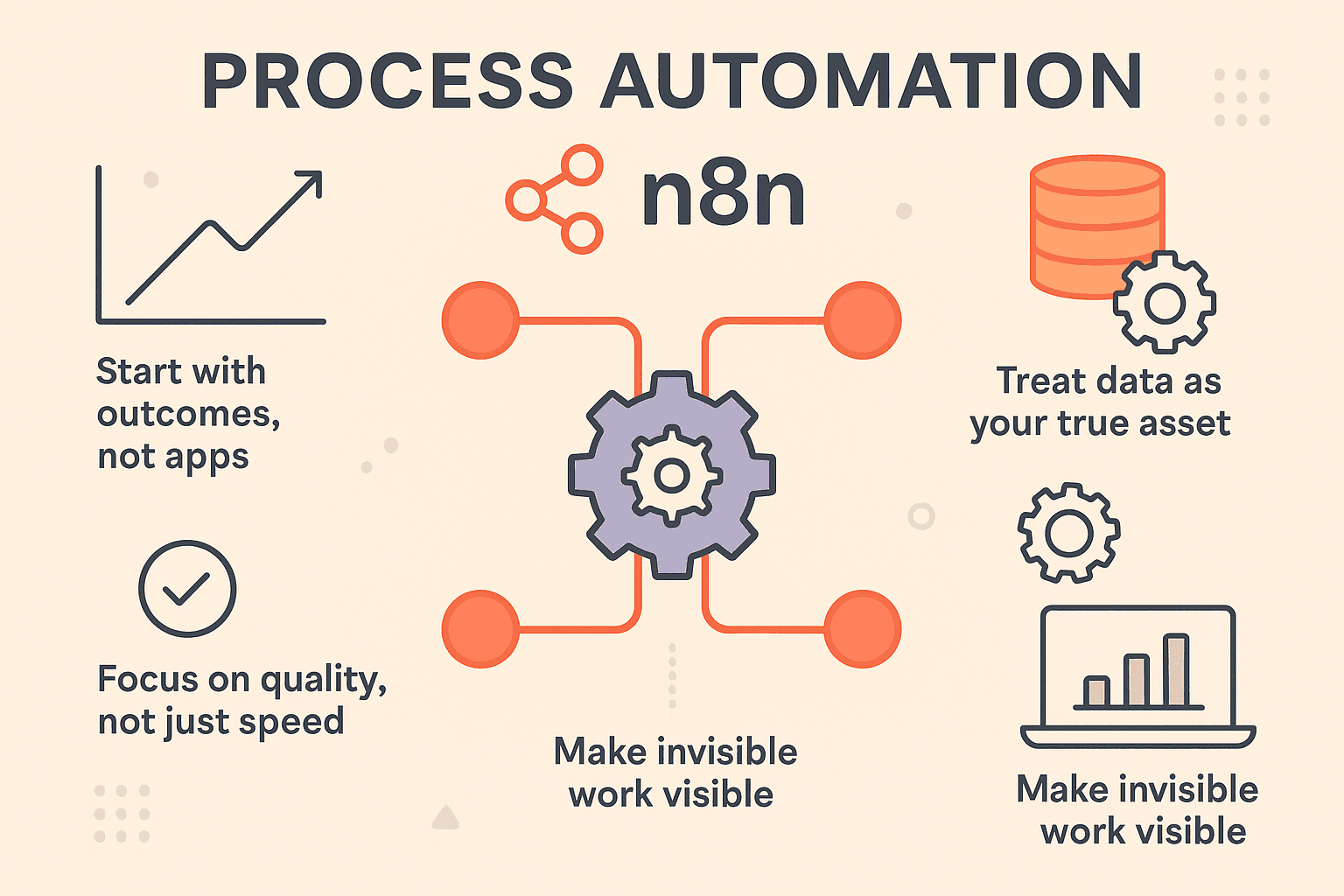Rethinking Work in the Age of AI and Fewer Graduate Hires
AI is replacing entry-level work, pushing companies to hire experienced staff and rethink how they train new talent. Graduates face tougher job markets and must adapt through continuous learning and AI skills.

AI Is Reshaping Entry-Level Work
For decades, a tacit agreement governed the job market for new college graduates: entry-level hires would do the grunt work in exchange for mentorship and a foothold on the career ladder. Today, that covenant is rapidly eroding. Advances in artificial intelligence are automating many junior-level tasks, from drafting basic marketing copy to processing data, eliminating the need for as many fresh graduates. The result is a steep decline in traditional entry-level opportunities, forcing a fundamental rethinking of how we start and build careers in the AI age.
At a Chicago recruiting firm, clients that once eagerly requested new graduates for junior roles have all but stopped – those routine tasks are now seen as a "home run" for AI tools. A consulting company's CEO decided not to hire a summer intern for the first time, choosing to run the firm's social media updates through ChatGPT instead. Why pay an inexperienced 22-year-old to compile spreadsheets or draft reports when a bot can perform the same work in seconds?
Companies Prioritize Experience Over Potential
The numbers are striking: since 2020, fewer graduates are finding jobs that require a college degree. The Burning Glass Institute found that this decline spans across majors – from computer science to visual arts. In tech, recent graduates made up just 7% of new hires in 2024, down from about 11% in 2022. Entry-level hiring has fallen by roughly 50% compared to pre-pandemic levels.
What's replacing those junior hires? Experienced candidates, even for roles that used to be entry-level. "This is a tectonic shift in the way employers are hiring," explains Matt Sigelman of Burning Glass Institute. Rather than invest time and money in training fresh graduates, businesses facing tight budgets prefer workers who can "deliver on day one." The result is a Catch-22 for young people: you need experience to get the job, but you need the job to get experience.
New Graduates Face a Tougher Job Market
Unemployment for new college graduates hovers around 6-7%, significantly higher than the general unemployment rate of roughly 4%. According to Handshake, there were 15% fewer entry-level job postings for the class of 2024 compared to the previous year, while applications per posting jumped by about 30%. Many new grads are even competing with slightly older peers for the same junior positions.
Personal stories from recent classes reflect these sobering statistics. One young software engineer in New York applied to dozens of companies without securing a single interview. Another marketing graduate attends networking conventions month after month, only to find that even internships have hundreds of applicants. For many, stopgap work in retail or service has become the norm as they search for a professional break.
Schools and Employers Respond
Universities and employers are experimenting with new models. Some colleges have launched partnerships with AI companies – including Anthropic and OpenAI – to give students hands-on experience with advanced tools before they enter the job market. Employers are experimenting with hiring promising young people into non-traditional apprenticeships or fellowship programs, where they rotate through departments and shadow veteran workers instead of being assigned rote tasks.
There's also growing recognition that this isn't only about AI. The decline in entry-level hiring had been building for years, driven by corporate cost-cutting and changes in management culture. AI simply poured fuel on a fire that was already smoldering.
Navigating the New Normal
Adaptability is key. New graduates are learning that they may need to chart less linear, more entrepreneurial career paths. Some are turning to gig work, startups, or further study. Others are upskilling on their own – taking online courses in AI, coding, or data analysis – to make themselves more competitive for the scarce junior roles that do exist.
Sam Altman, CEO of OpenAI, warns that resisting AI is not an option: "I'm more worried about what it means, not for the 22-year-old, but for the 62-year-old that doesn't want to retrain or reskill." Yet he remains optimistic that technology will create new kinds of roles in the long run. He argues that powerful AI systems will empower small teams or even solo entrepreneurs to achieve what once required whole companies.
The transformation underway is both exciting and daunting. What seems certain is that the nature of early-career work is evolving. The old ladder isn't completely gone, but it may have fewer rungs and more branching routes to the top. For graduates, navigating this reality will require resilience, creativity, and a commitment to lifelong learning. For employers and educators, it will require conscious action to ensure that the rise of AI doesn't result in a lost generation of talent.
